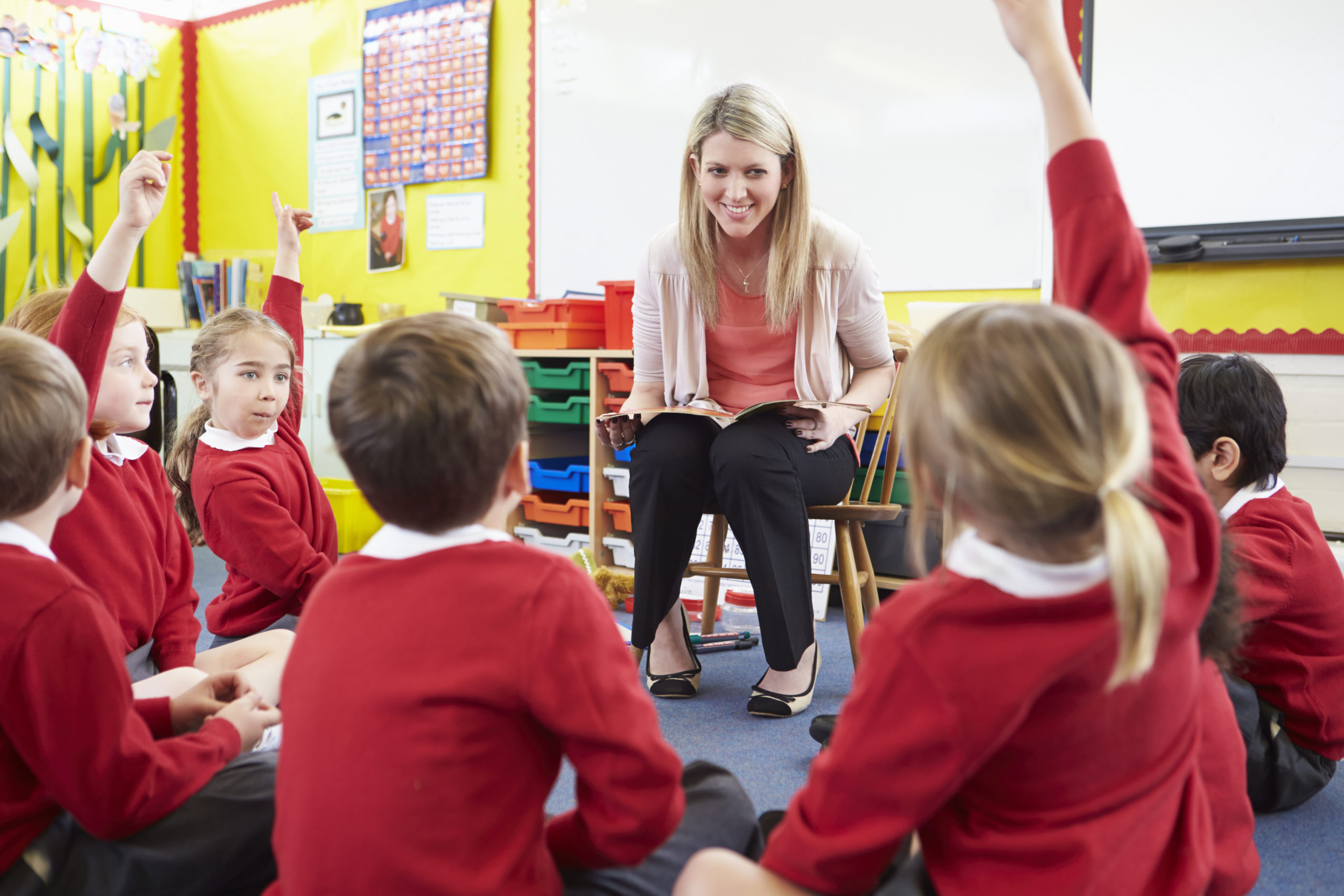
This is a mandatory part of the new Ofsted Education Inspection Framework.
The 7 aspects of teaching early reading as set out in the School Inspection Handbook are the focus of a Reading Deep Dive. Here’s a summary
the school’s phonics programme matches or exceeds the expectations of the national curriculum. The school has clear expectations of pupils’ phonics progress term-by-term, from Reception to Year 2
the sequence of reading books shows a cumulative progression in phonics knowledge that is matched closely to the school’s phonics programme. Pupils are given sufficient practice in reading and re-reading books that match the grapheme-phoneme correspondences they know, both at school and at home
reading, including the teaching of systematic, synthetic phonics, is taught from the beginning of Reception
the school has developed sufficient expertise in the teaching of phonics and reading.
the school is determined that every pupil will learn to read, regardless of their background, needs or abilities. All pupils, including the weakest readers, make sufficient progress to meet or exceed age-related expectations
stories, poems, rhymes and non-fiction are chosen for reading to develop pupils’ vocabulary, language comprehension and love of reading. Pupils are familiar with and enjoy listening to a wide range of stories, poems, rhymes and non-fiction
the ongoing assessment of pupils’ phonics progress is sufficiently frequent and detailed to identify any pupil who is falling behind the programme’s pace. If they do fall behind, targeted support is given immediately
Inspectors will listen to several pupils with low attainment (the lowest 20%) in Years 1 to 3. The children will read from unseen books appropriate to their stage of progress. Inspectors will also draw on information from the school’s policy for teaching reading, phonics assessments, phonics screening check results and lesson visits.
“They have attempted to bring together several phonic schemes that do not match. This leads to inconsistencies from class to class.”
“Pupils’ reading books are not always well matched to their reading stage. Books contain sounds they have not yet been taught. As a result, some pupils fall behind in their reading.”
“There are not enough phonics experts across the staff team to help all pupils to learn to read from an early age.”
The Monster Phonics Programme teaches systematic synthetic phonics that matches the curriculum from Reception to Year 2. Take a free trial with just an email address to try out whole lessons with resources.
The Monster Phonics Reading Scheme is matched to the programme and the curriculum. Engaging, like the programme, Monster Phonics books instil a love of reading.
